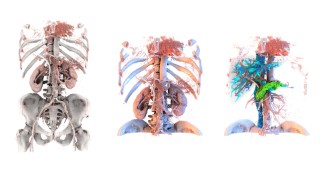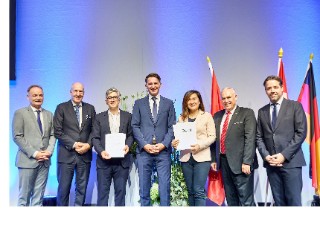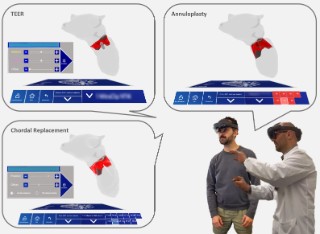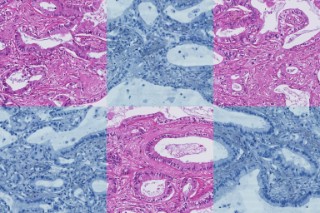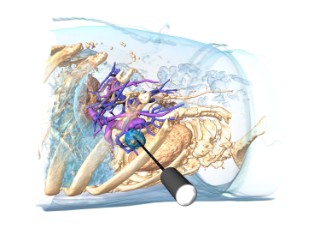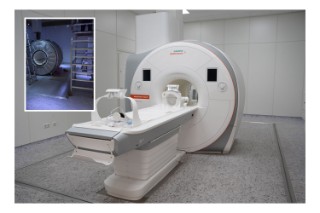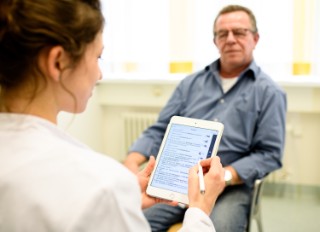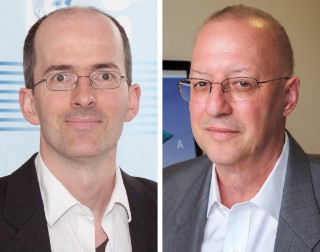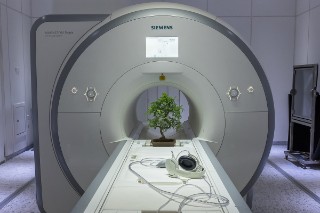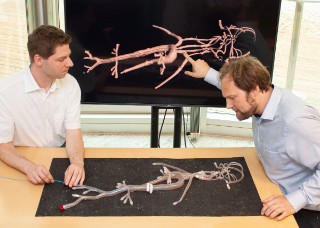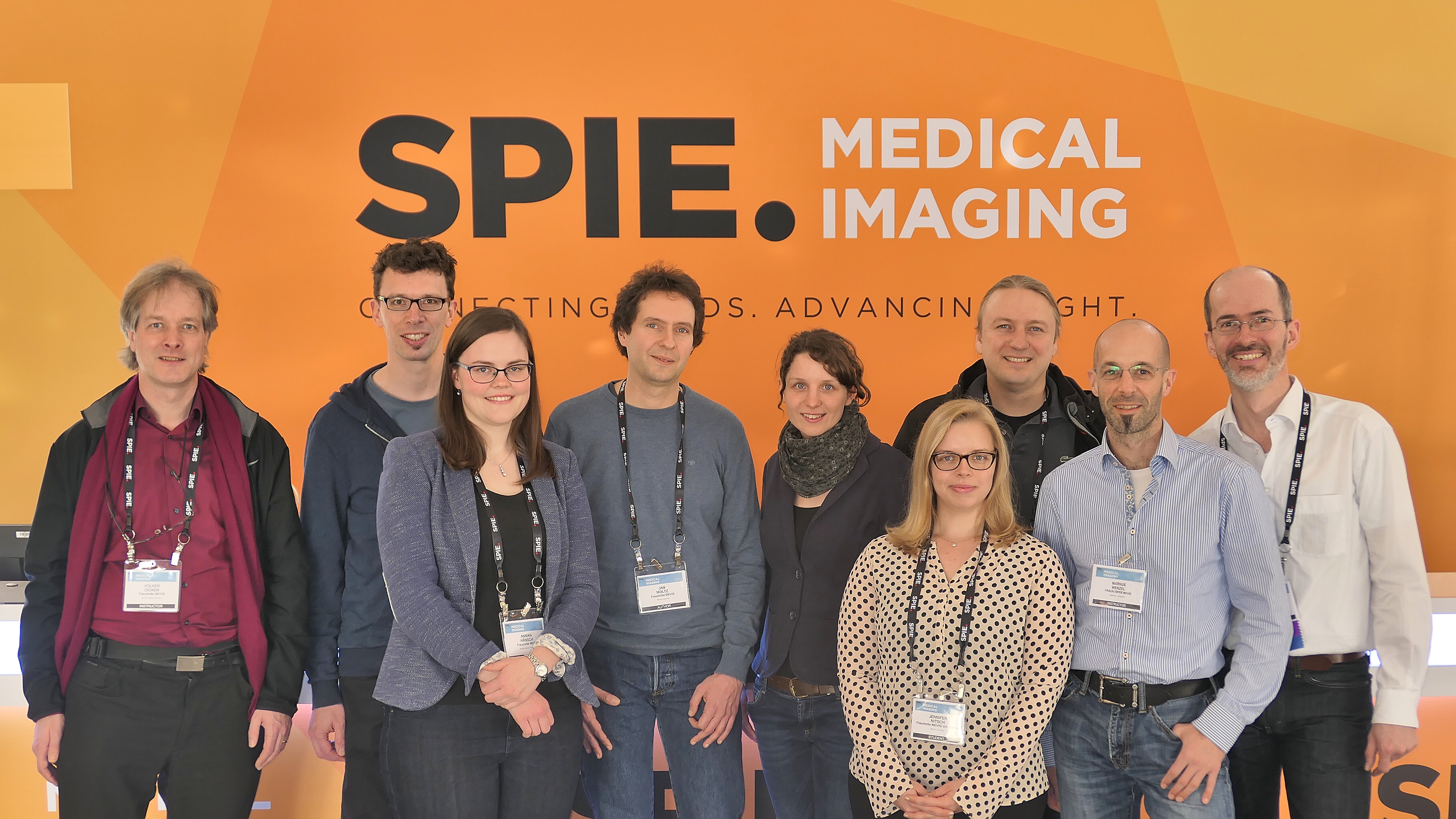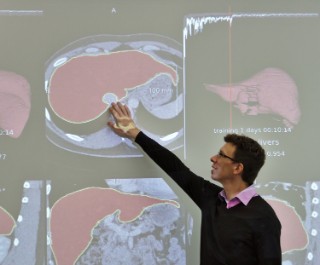It took more than six years to plan and build, but now the new building of the Fraunhofer Institute for Digital Medicine MEVIS on the campus of the University of Bremen is completed. To celebrate the inauguration, the institute opens its doors, albeit only virtually due to the current pandemic. After the welcome addresses by Dr. Claudia Schilling, Bremen Senator for Science and Ports, by Alexander Kurz, Executive Vice President Human Resources, Legal Affairs, and IP Management of the Fraunhofer-Gesellschaft, as well as by Prof. Dr. Bernd Scholz-Reiter, President of the University of Bremen, Fraunhofer MEVIS will present a sample of its current research activities. The online event will take place on Friday, June 18, from 2 to 5 pm. The event will be held in German, although the plenary session will be simultaneously interpreted into English, and some presentations will be given in English. Anna Stankiewicz (violin) and Elena Tomarchio (violoncello) from the Konsonanz chamber ensemble provide musical contributions.
more info
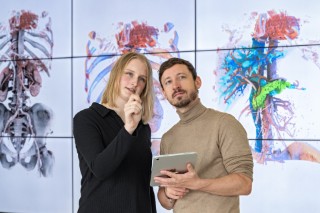
 Fraunhofer Institute for Digital Medicine MEVIS
Fraunhofer Institute for Digital Medicine MEVIS